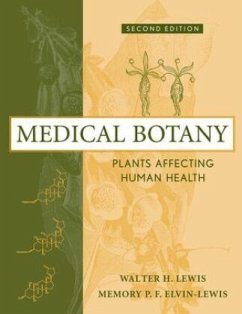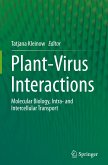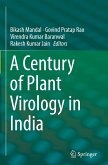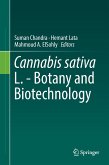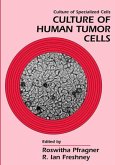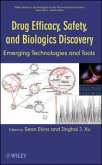Medical Botany, Second Edition focuses on research discoveries and their development as therapies for use in complementary-alternative and conventional medicines, utilizing plant natural products and their derivatives. This integrated approach should provide the professional, student, and public with the means to communicate and understand the implications of their therapeutic choices.
_ Organized by body system and ailment makes it easy to locate appropriate therapies.
_ Includes background on the physiology of major systems and ailments so readers can understand how and why a pharmaceutical, botanical, or dietary supplement works.
_ Broad coverage includes green plants, fungi, and microorganisms.
_ Includes extensive references and citations from both conventional and complimentary-alternative medical systems when natural products or their derivatives are involved.
Hinweis: Dieser Artikel kann nur an eine deutsche Lieferadresse ausgeliefert werden.
_ Organized by body system and ailment makes it easy to locate appropriate therapies.
_ Includes background on the physiology of major systems and ailments so readers can understand how and why a pharmaceutical, botanical, or dietary supplement works.
_ Broad coverage includes green plants, fungi, and microorganisms.
_ Includes extensive references and citations from both conventional and complimentary-alternative medical systems when natural products or their derivatives are involved.
Hinweis: Dieser Artikel kann nur an eine deutsche Lieferadresse ausgeliefert werden.

